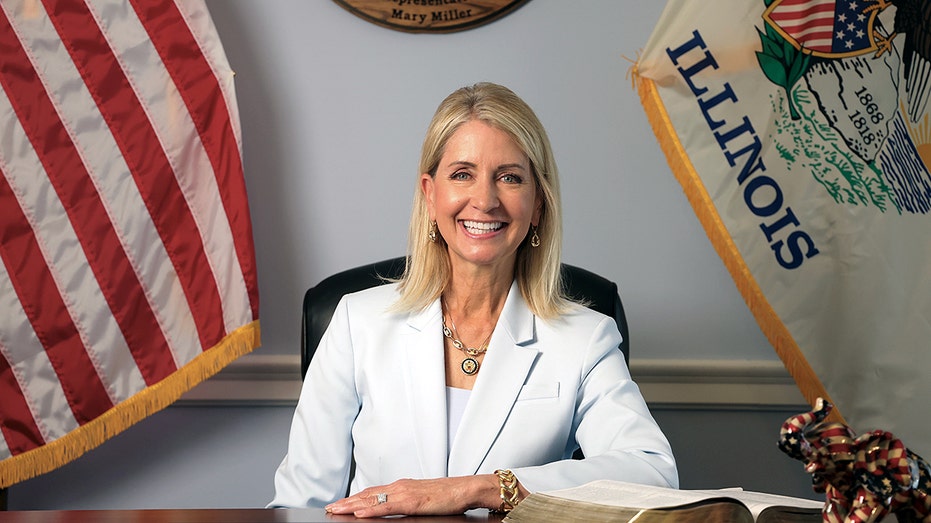A 37-day standoff. That’s how long the government had been partially shut down, and the pressure was mounting. Senate Majority Leader John Thune found himself in a startling position: publicly declaring a willingness to concede to nearly every demand from Democrats in a desperate attempt to break the impasse.
The Senate was bracing for its 15th vote on a temporary funding bill, a measure designed to simply reopen the government. But a growing number of Republicans, with Thune at the forefront, appeared ready to yield on a key sticking point – extending enhanced subsidies for the Affordable Care Act, a move that would significantly increase government spending.
Thune’s offer was stark. He signaled a willingness to trade post-shutdown votes on the ACA and related tax credits for a return to negotiations. It was a remarkable admission, a public acknowledgment of the leverage Democrats held and the lengths to which some Republicans were prepared to go to end the crisis.

Despite the concessions offered, Democrats remained unmoved. A previous proposal – a continuing resolution including funding for military construction, veterans’ affairs, agriculture, and the legislative branch – was rejected. Their focus remained fixed on securing firm guarantees regarding the renewal of the expiring ACA subsidies.
In a televised interview, Thune attempted to portray himself as the voice of reason, urging Democrats to simply accept the offered deal. Yet, his own words betrayed a deeper truth: a willingness to compromise principles in the face of unrelenting opposition. He insisted he’d given them “everything, essentially, that they were asking for.”
The situation felt increasingly surreal. Thune described a “pep rally” within the Democratic caucus, a celebration of the shutdown’s continuation while the nation felt the strain. He accused the far left of “bullying” more moderate Democrats, preventing a potential resolution.
President Trump, Thune asserted, stood ready to engage, even offering to address the underlying issues of affordability within the ACA. But that offer was contingent on ending the shutdown first, a condition Democrats refused to meet. The President’s willingness to find a solution was repeatedly emphasized, yet remained blocked.
The consequences of the deadlock were becoming increasingly severe. Men and women in uniform were going without pay. Essential programs like WIC and food stamps faced disruption. Air travel was experiencing delays, and the American public was bearing the brunt of the political battle.
Thune painted a picture of Democrats paralyzed by fear of their base, unwilling to compromise even when presented with a viable path forward. He believed only a handful of moderate Democrats stood between the nation and continued suffering, but they were being silenced by the more extreme elements within their party.
The possibility of the shutdown extending into Thanksgiving loomed large. Thune expressed disbelief that it would reach that point, placing the responsibility squarely on the Democrats. He reiterated his offer: a solution was on the table, a meeting with the President was possible, and concessions were being made. All that was needed, he pleaded, was for Democrats to “take yes for an answer.”
Ultimately, Thune attributed the impasse to what he termed “Trump Derangement Syndrome,” suggesting that opposition to the President had become so ingrained that Democrats were willing to inflict pain on the American people simply to deny him a victory. The situation had devolved, he implied, into something beyond policy, something deeply personal and politically charged.





